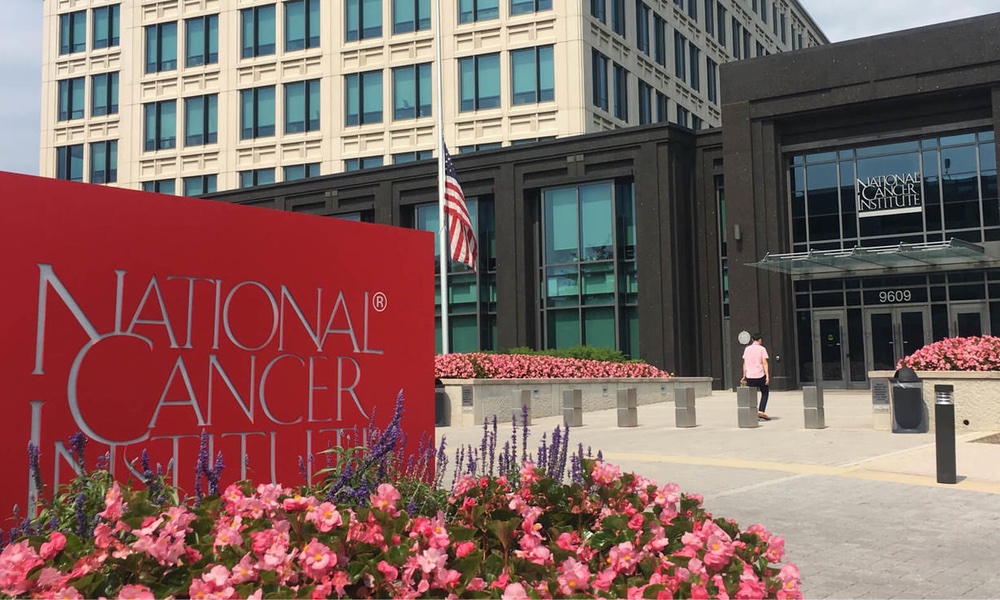There is a clear need for pain relief that doesn't come in a pill, as the current opioid crisis makes clear. Researchers at a Utah hospital have been treating patients' pain with brief sessions of mindfulness training or hypnotic suggestion, and they've been getting results.
One 15-minute session was all it took for about a third of the patients to experience an immediate reduction in pain. Those who used hypnotic suggestion achieved a 29 percent reduction; those who used mindfulness training saw a 23 percent decline. “This clinically significant level of pain relief is roughly equivalent to the pain relief produced by 5 milligrams of oxycodone,” according to the study's lead author, Eric Garland.
Patients also reported feeling better and having less of a need for opioids or other pain medication.“It was really exciting and quite amazing to see such dramatic results from a single mind-body session,”
Garland's previous research had indicated that longer (multi-week) mindfulness training programs could be effective in reducing both chronic pain and opioid abuse. This study adds the idea that much briefer interventions can also be helpful.
“It was really exciting and quite amazing to see such dramatic results from a single mind-body session,” said Garland, Associate Director of Integrative Medicine in Supportive Oncology and Survivorship at the University of Utah's Huntsman Cancer Institute. “Given our nation's current opioid epidemic, the implications of this study are potentially huge. These brief mind-body therapies could be cost-effectively and feasibly integrated into standard medical care as useful adjuncts to pain management.”
Plans are in the works for a larger study on thousands of patients in hospitals throughout the country. With concerns mounting about opioid use in both the young and the old, he's likely to have plenty of company exploring the use of non-pharmacological and other non-narcotic treatments for pain.
The study appears in the Journal of General Internal Medicine.





